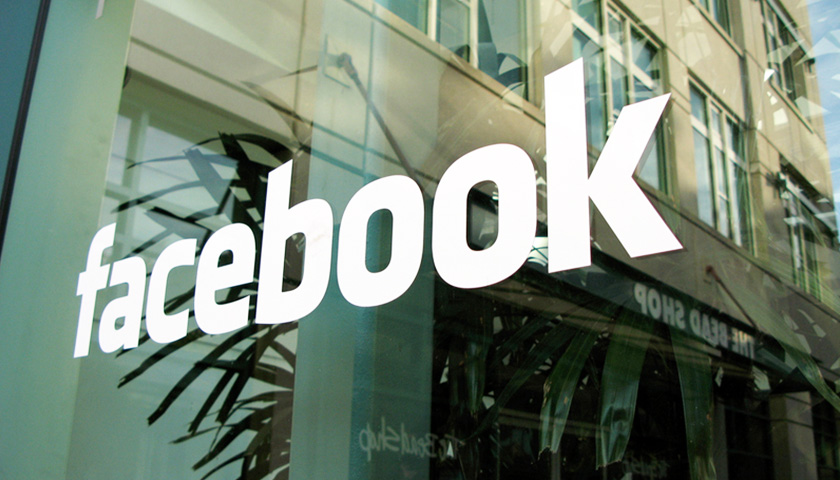by John Hugh DeMastri
Meta’s Oversight Board criticized the social media giant for unfairly favoring certain elite users of Facebook and Instagram, granting them amnesty from certain rules, and failing to publicly disclose the program’s extent.
Meta’s “cross-check” program is supposed to minimize the number of posts Facebook and Instagram incorrectly take down, by having a human review posts by certain “powerful” users when they are found to be violating the rules, according to the Oversight Board. The Board found that, in practice, cross-check protected these accounts, allowing their content to remain up even when it was in violation of the sites’ rules and helping favored accounts receive reduced punishments for infractions, all the while repeatedly failing to detail to the public and the Board which accounts and posts were subject to this policy.
While the cross-check program has value as “a mistake prevention system,” so long as the system “permits severely violating content to remain on the platform, the program creates negative human rights impacts that Meta is not monitoring or mitigating,” the Board wrote. “The Board thus concludes that cross-check is currently neither designed nor implemented in a manner that meets Meta’s human rights responsibilities and company values.”
Today the @OversightBoard published its Policy Advisory Opinion on Meta's cross-check system. We requested their review so that we can continue our work to improve the program. To fully address their recommendations, we’ve agreed to respond within 90 days. https://t.co/2LMSQ65kcW
— Nick Clegg (@nickclegg) December 6, 2022
 Some of these protected accounts are “whitelisted” from punishment on Meta’s platforms, effectively exempting them from the rules on Facebook and Instagram, The Wall Street Journal reported on Sept. 13, 2021, when it revealed the existence of the program. An internal review of the program, conducted by Meta and obtained by the WSJ, said that the company’s behavior was “not publicly defensible.”
Some of these protected accounts are “whitelisted” from punishment on Meta’s platforms, effectively exempting them from the rules on Facebook and Instagram, The Wall Street Journal reported on Sept. 13, 2021, when it revealed the existence of the program. An internal review of the program, conducted by Meta and obtained by the WSJ, said that the company’s behavior was “not publicly defensible.”
The report does not clarify who is receiving these exemptions and benefits, because the Board was not given this information, according to the WSJ Monday.
“We were sort of operating in the dark without having a clear idea of who was in the program and who wasn’t,” said Alan Rusbridger, a British journalist and member of the Board. “I personally felt [Meta] could have gone further.”
Meta did not immediately respond to a Daily Caller News Foundation request for comment.
– – –
John Hugh DeMastri is a reporter at Daily Caller News Foundation.
Photo “Facebook HQ” by Marco Paköeningrat. CC BY-SA 2.0.




